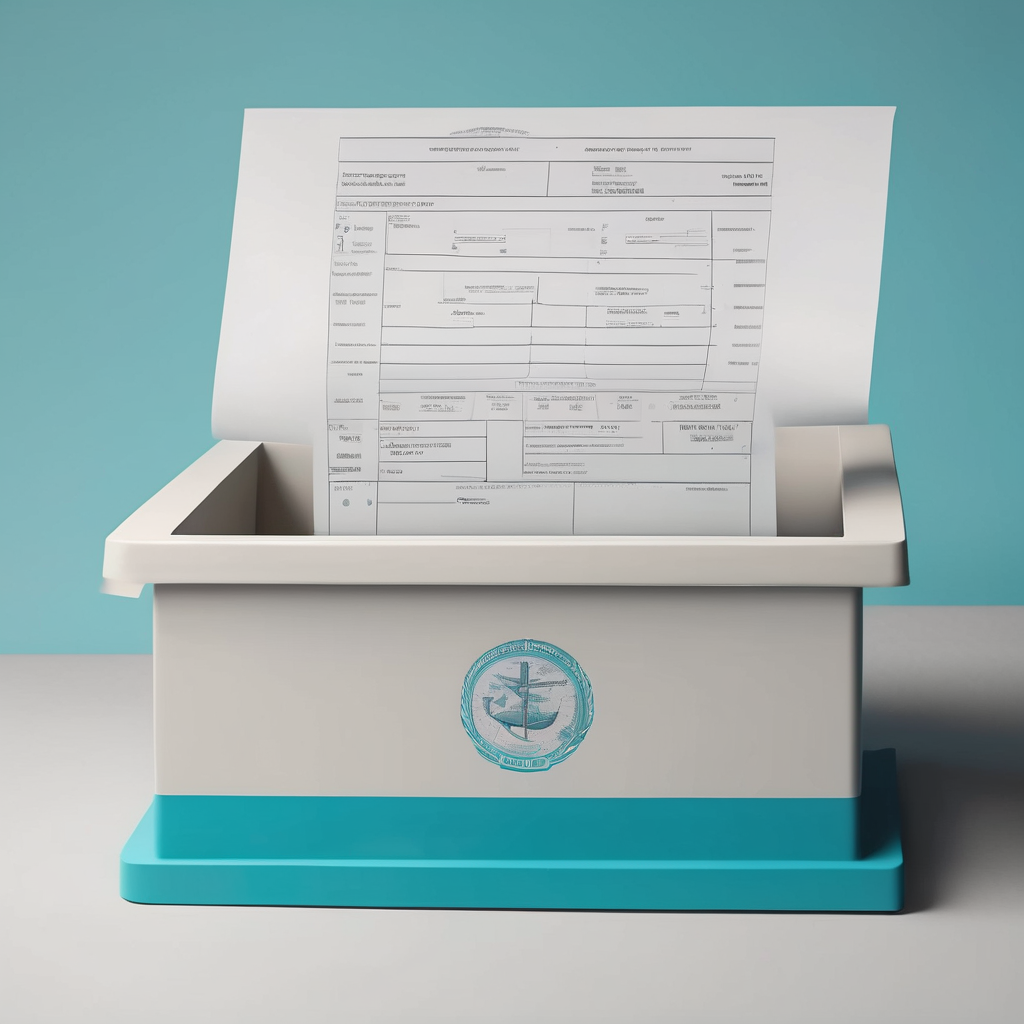Tuvalu’s government has launched a comprehensive review of its electoral laws and processes in response to disappointments observed during the January 2024 general elections. This initiative, which ranks as the fourth priority among the government’s 21 key objectives, seeks to enhance fairness and transparency within the electoral system.
A government statement emphasized, “The Government of Tuvalu agreed to the reforming of the national parliamentary electoral processes, including a wholesome review of the electoral legislation and related processes.” This reflects a strong commitment to improving democratic practices and ensuring equitable electoral conditions.
To spearhead this review, the government has brought on board expert consultants Tauasaa Taafaki and Mose Saitala, who will evaluate the current electoral framework and provide recommendations for practical reforms. Nationwide consultations are in progress, starting in Funafuti and expanding to all island communities, as the government aims to gather public input on the proposed changes before presenting any amendments to Parliament.
These consultations are deemed crucial for the drafting process of amendments, which are anticipated to be finalized and passed before the next general elections in 2028. The overarching goal is to strengthen the integrity of the electoral process and uphold democratic values for all citizens of Tuvalu.
There are parallels to be drawn with similar efforts in the Pacific region, particularly in Fiji, where a thorough review of the electoral laws has likewise been initiated. The Fijian government has committed to extensive public consultations involving various stakeholders, emphasizing transparency and inclusiveness in shaping their electoral processes. This collaborative approach aims to address systemic issues, such as enhancing representation and ensuring that every citizen’s voice is respected.
As such, Tuvalu’s move towards reform demonstrates a hopeful advancement in its democratic journey, indicating a willingness to adapt and better serve its population’s electoral needs. With public engagement at the forefront, both Tuvalu and Fiji are on paths toward more robust and transparent democratic processes that empower their citizens and fortify public trust in governance.
